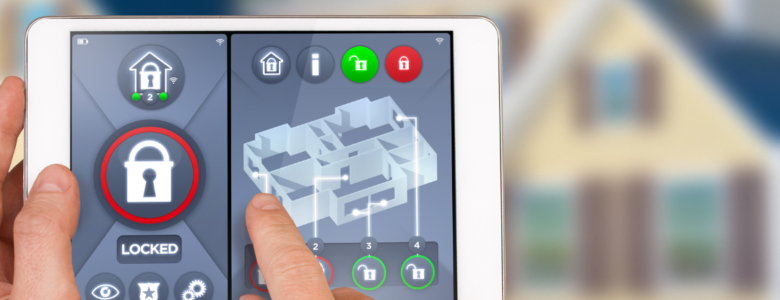The concept of ‘home’ has evolved significantly over the years. From humble shelters to sophisticated structures, homes have mirrored societal and technological advancements. In this era of rapid digitalization, the home is once again being redefined – this time, as a smart, interconnected ecosystem. Investing in smart homes is not just a step towards the future but a leap into enhanced functionality and lifestyle conveniences.
Understanding Smart Homes
Smart homes incorporate advanced automation systems to provide inhabitants with sophisticated monitoring and control over the building’s functions. This could be anything from controlling the temperature and lighting to operating security systems, all via a smartphone, tablet, or computer. The goal of a smart home is to make life more comfortable, convenient, secure, and energy-efficient.
The Benefits of Investing in Smart Homes
Investing in smart homes can bring about a plethora of benefits. Here are some key advantages to consider:
- Comfort and Convenience: Smart homes make life more comfortable and convenient. Smart devices can manage numerous daily tasks. You can program the coffee maker to start brewing your morning cup as soon as your alarm goes off. You can monitor and control your appliances, lights, and temperature from anywhere in the world. All these elements contribute to a more comfortable and efficient living environment.
- Energy Efficiency: Smart homes can significantly improve energy efficiency. For instance, smart thermostats can learn your schedule and temperature preferences, adjusting your home’s heat and AC systems to be energy efficient. Similarly, smart lights can automatically switch off when no one is in the room, helping save electricity.
- Security and Safety: Enhanced safety and security are major selling points of smart homes. Smart security systems can notify homeowners of any unusual activity, allowing you to monitor your home in real-time, even when you’re away. Similarly, smart fire detectors can send alerts to your phone and automatically contact emergency services.
- Higher Resale Value: As smart homes become increasingly common, properties with these features are likely to be more attractive to potential buyers. This investment could increase your home’s value and make it stand out in the competitive real estate market.
Investing Smartly in Smart Homes
As appealing as smart homes are, it’s important to approach this investment with a strategic mindset. Here are some factors to consider:
- Compatibility: Ensure the smart devices you choose are compatible with each other. It’s often beneficial to stick to one ecosystem (like Google Home, Apple HomeKit, or Amazon Alexa) to ensure smooth interoperability between devices.
- Scalability: Start with essential devices like smart thermostats or security systems and gradually add on more functionalities. It’s not necessary to overhaul your entire home at once.
- Security: While smart homes offer enhanced home security, they’re not immune to cyber threats. Be sure to invest in devices from reputable manufacturers that prioritize data security. Regularly update passwords and software to keep your system secure.
The Future of Smart Homes
The smart home trend is likely to continue growing. Technological advancements, coupled with increasing consumer awareness and demand for energy efficiency, are fueling this growth. Further integration with artificial intelligence and machine learning will make smart homes even more intuitive and user-friendly.
Investing in smart homes is investing in a future of convenience, efficiency, and enhanced living. It’s an exciting journey of embracing technological advancements and transforming mundane tasks into sophisticated, intelligent operations. By considering factors like compatibility, scalability, and security, you can make this investment work for you. As the trend continues to expand and evolve, the homes of the future promise to be smarter, safer, and more efficient than we could have ever imagined.








